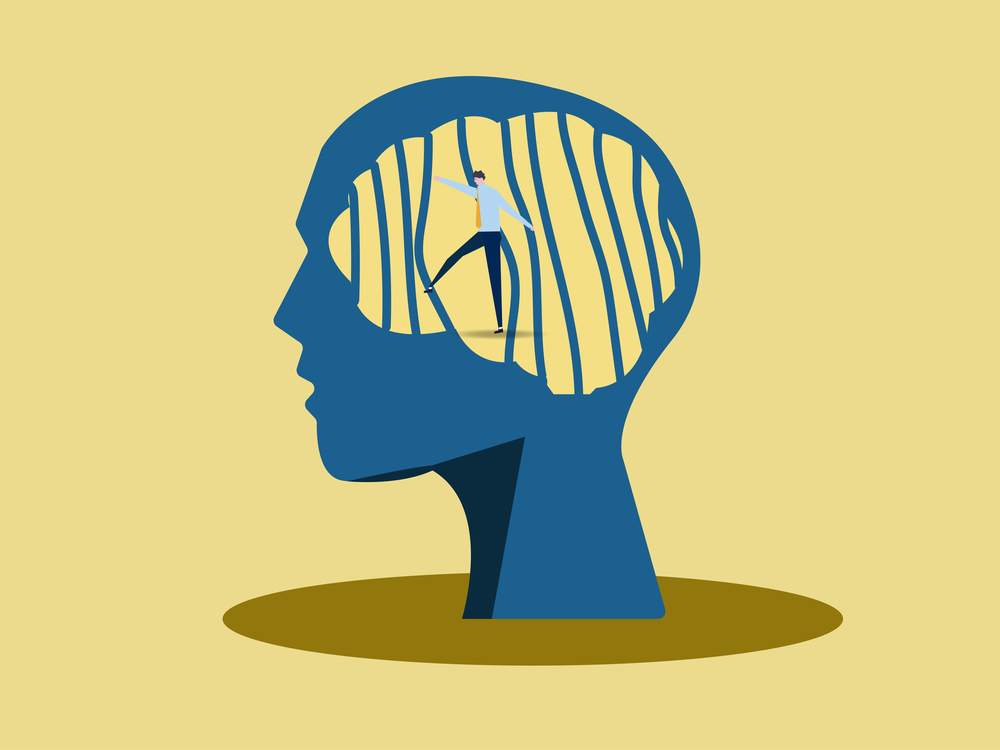A systematic review reveals growing global interest in Liberation Psychology, a framework that resists individualistic and medicalized models of mental health in favor of community-based approaches rooted in social justice and collective healing. This renewed attention arrives amid escalating global crises of displacement, inequality, and violence, conditions under which Liberation Psychology has long offered an alternative vision for understanding and responding to suffering.
Liberation Psychology is an approach to psychological thought and practice committed to social justice and political consciousness. It critiques frameworks that treat psychological distress as an individual phenomenon divorced from sociopolitical context. Central among its critiques is the medical model, which pathologizes individuals while overlooking how structural forces shape inner life.
Originally articulated by Salvadoran psychologist Ignacio Martín-Baró, Liberation Psychology opposes both the individualism and the supposed neutrality of traditional psychological science. For Martín-Baró, science should openly serve the people, especially those marginalized by oppressive political and economic systems.
First emerging in the 1980s and 1990s, Liberation Psychology has recently experienced a resurgence. A new thesis by Helena Denyer at Italy’s University of Padua offers a systematic meta-review of the field’s academic literature, tracking how Liberation Psychology has evolved and spread across global contexts.
“Ultimately, the study argues for a radical transformation in theory and practice, advocating for a move beyond individualistic, medicalized approaches toward models that integrate social justice, cultural relevance, and community participation,” writes Denyer. “The future of psychology, according to Liberation Psychology, lies in its ability to address the interconnectedness of personal suffering and societal structures, and in the empowerment of marginalized communities to become agents of change.”
















Is there a link to the article or a name? Also, where would a good place to start be to learn more about liberation psychology?
Report comment
No offense, psychologic industry, but you all bought into the billing code “bible” of the psychiatric industry’s ‘invalid’ DSM “bible,” which was debunked as “invalid” in 2013, by the head of the NIMH.
Yet too many of you, who have also unethically “partnered” with the mainstream paternalistic religions, who want to “maintain the status quo,” long after 2013, actually should repent and change from your evil ways. Instead of merely pretending you’re changing from your evil ways, without repentance, and ending your faustian “partnerships.”
Report comment